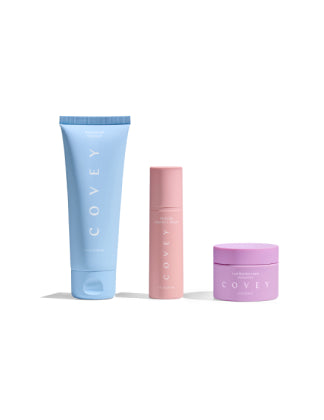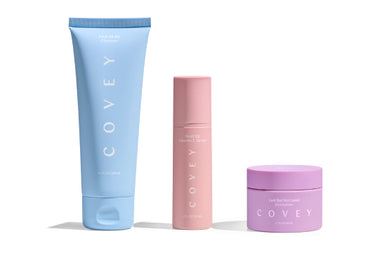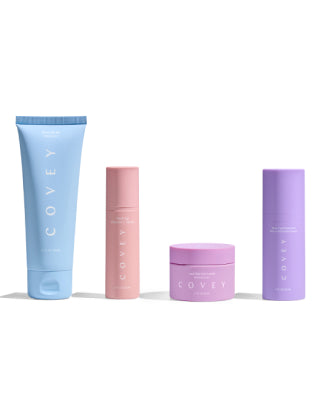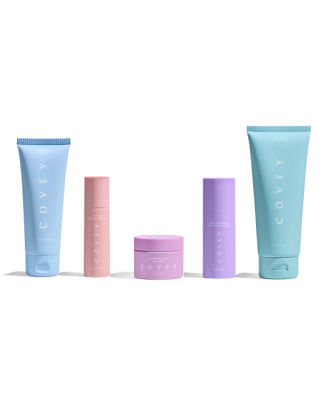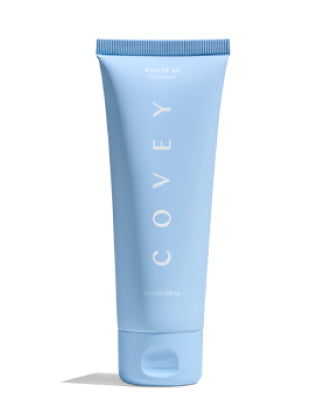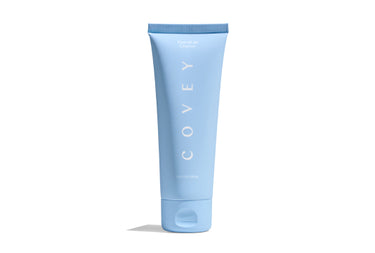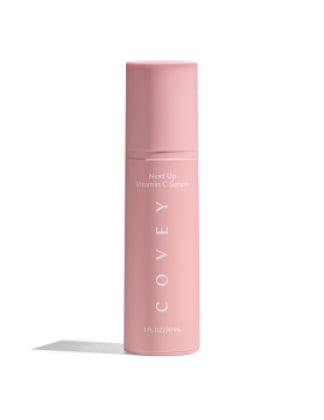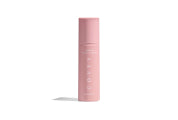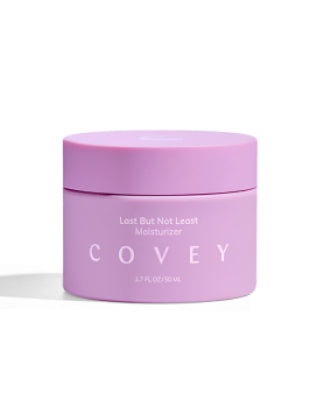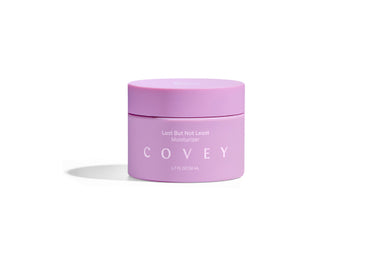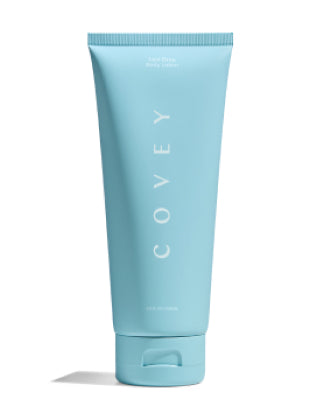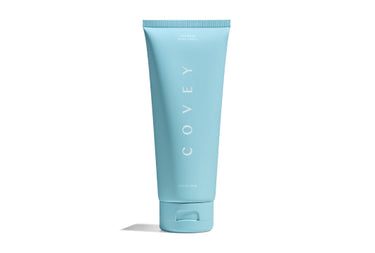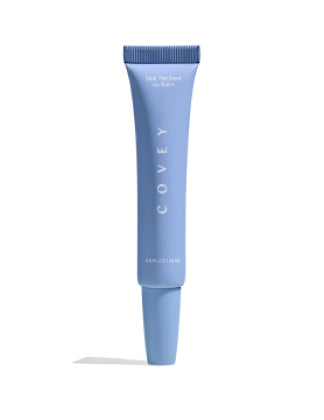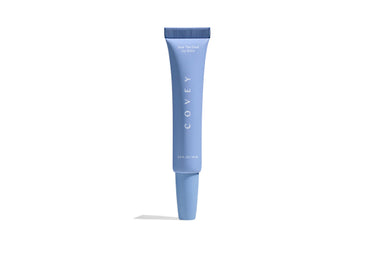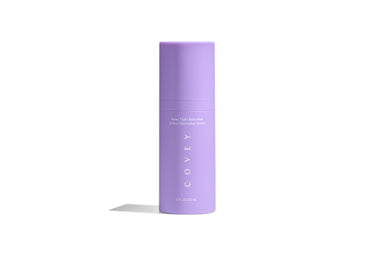
What Your Skin Can Tell You About Your Health
When you think about ‘health’, what comes to mind? Probably, a balanced, colorful diet, an active lifestyle, and time to invest in your relationships and happiness. It’s easy to tell when one of these has lost its spot on our priority list. Maybe it’s an upset stomach after eating dairy or a month off of working out. And simply feeling ‘blah’ or disconnected from our friends or partner.
Though these aspects of our lives are critical, it’s also vital to pay attention to the largest organ in our bodies: our skin! In fact, when there is something haywire happening in our body, our pores could give us the very first clues we need to take action. And though they may not use the same language, they share what they need if we know how to listen.
There’s no limit to what your skin can tell you about your health. It’s many things: hormonal imbalances, inflammation, digestive issues — and the list goes on. Here, we explore this fascinating topic with our resident dermatologist, Dr. Julie Russak. She’s been caring for our co-founder, Emily, for years, helping her maintain her complexion. But as she’s taught us, skin is more than just what’s on the surface; it’s a reflection of how well we take care of ourselves.
What Your Skin Can Tell You About Your Health
When you notice a brand-new zit on your chin, you know you have a clogged pore. Or when you see that subtle glow after using the Covey Routine for a few weeks, you know you have healthy skin. But our pores communicate more thoroughly than most of us realize.
As Dr. Russak puts it, our skin truly expresses what’s happening inside our bodies. How come? Because our skin is the body’s external protective organ, keeping everything inside safe and sound. When we are battling an illness or not eating the right foods we need, our pores will nudge us to pay attention and make a change.
“It really reflects everything that is happening inside the body and reflects the health of the body, in the sense of metabolic health, hormonal health, and inflammatory health,” Dr. Russak explains.
If you notice any of these issues, it’s a sign to think more holistically about your health and what you may be missing. From inflammation and breakouts to discoloration, here’s how to spot the clues on your skin and what to do in reaction.
Our guide will cover:
- You have inflamed skin that isn’t healing.
- You have breakouts in the lower part of your face...
- ...or around your mouth and nose.
- Your skin is very dry and won’t retain water.
- Your acne flared up out of nowhere.
You have inflamed skin that isn’t healing.
You wake up in the A.M., ready to listen to your latest podcast and go through your Covey routine, but one glance in the mirror and you know something is off. Your skin is red, dry and slightly itchy. No matter what lotion, moisturizer or ointment you put on it, you can’t seem to find relief.
In this case, what your skin can tell you about your health is that inflammation is happening somewhere in your body. Perhaps, you ate something that didn’t sit well with you. Or, you could be in the earliest stages of getting sick. Dr. Russak says our skin often has the initial reaction to inflammation, hopefully motivating us to investigate.
You have breakouts in the lower part of your face...
Can we all agree that no matter where those pesky zits appear, they’re, well, annoying? Though you may sigh each time one pops up, you must pay attention to where they are located on your face.
As Dr. Russak explains, dermatologists know how to study our face maps (yep, it’s a thing) to understand better what is causing breakouts on our faces. So, what your skin can tell you about your face in this situation is why your acne is flaring up. This is true for men and women, but primarily for women, Dr. Russak says.
“A way that our skin communicates very often in women is reflected in breakouts on the lower part of the face, where women have the highest concentration of oil glands with hormonal receptors on them,” she explains. “So when your hormones are out of balance, you start breaking out with hormonal acne.”
That’s why you might notice more zits on your lower cheeks around your menstrual cycle or when you’re pregnant. Or, if you have Polycystic ovary syndrome (PCOS), you will likely struggle with deep, cystic acne along your jawline. If you can’t find an effective way to treat this hormonal acne, speak with your dermatologist and OBGYN ASAP to bring back your healthy skin.
...or around your mouth and nose.
Another area of face mapping is our mouth and nose. If you notice this area frequently congested with acne, it’s a clear sign that you need to reexamine your diet. Many people have food sensitivities and intolerances they haven’t officially diagnosed, and unfortunately, our pores pay the price.
Though we love a great charcuterie board like the next gal, it’s estimated that 68 percent of people in the world suffer from ‘lactose malabsorption.’ Or in other words: more than half of the planet’s adult population can’t properly digest dairy. Many experts agree, for this reason, lactose-rich foods are better reserved for infants and young children.
If you’re noticing zits in this region of your face, try cutting our dairy for a week and seeing if your skin health improves. If it does, you have your answer.
Your skin is very dry and won’t retain water.
In the wintertime, most people will struggle with a bout of dry skin, due to the cold temperatures outside and the stuffy heat inside. However, if you are experiencing very dry, very sensitive skin that simply won’t retain water? Dr. Russak says your skin microbiome is disrupted. Or, in other words, it’s not functioning the right way.
“The skin becomes super sensitive, and the skin cannot maintain its function as a protective barrier,” she continues. “The skin becomes very dry because you can’t maintain the water content of the skin, and you start having high trans-epidermal water loss. The acid mantle of the skin changes, so the skin becomes very sensitive to any products and feels like anything you put on it is burning or stinging, and this translates to the skin looking red.”
This is a clear indication that you need to book an appointment with your dermatologist ASAP so they can uncover what your skin can tell you about your health.
Your acne flared up out of nowhere.
Maybe you’re one of the lucky ones who, generally speaking, has a fantastic complexion. (We’re happy for you… and a little envious!) So when you notice an intense breakout of acne or redness, seemingly out of nowhere, it’s worrisome.
There could be a few issues at play: one, you are putting too many products on your skin. Introducing too many products can make your pores go haywire rather than nourishing them. That’s partly why we created the Covey Routine, to offer a simple approach to healthy skin.
Another reason is all mental. What your skin can tell you about health isn’t limited to your physical condition, but your emotional one, too. When you’re under an intense amount of stress, and you can’t find a way to manage it, your skin may react in protest. In this situation, take it as the permission you need to book a self-care day and develop better-coping skills. Your happiness is the most important of all!
Try Covey
We’re here to guide you through all of your skincare woes, issues and celebrations! Get started with healthy skin with our simplified routine. Begin with an all-in-one cleanser, follow with our potent vitamin C serum, and finish with a nourishing moisturizer. Your skin will thank you.


